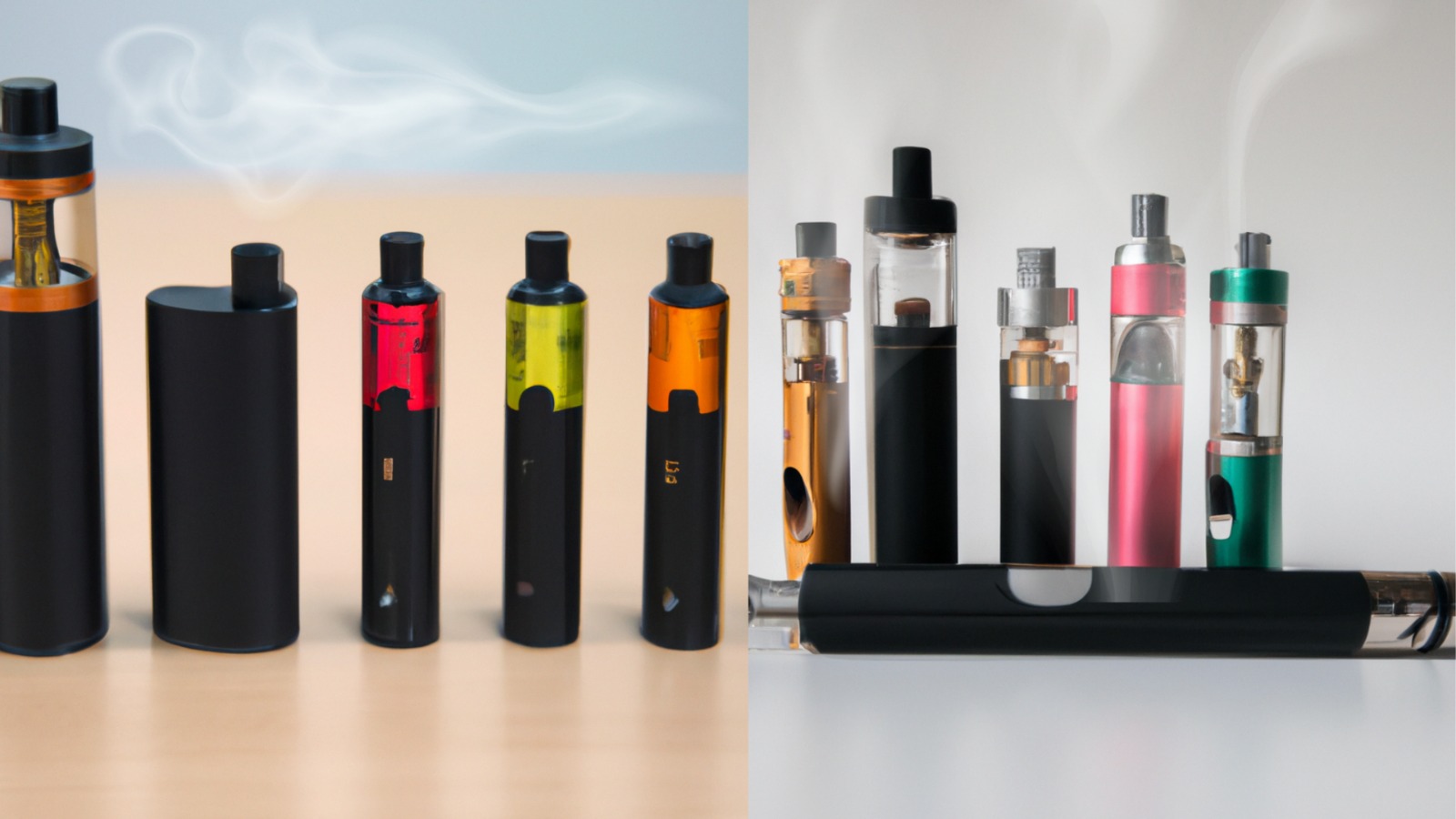First officially identified and designated in 2019, e-cigarette or vaping product use-associated lung injury (EVALI) is a severe respiratory condition linked to the usage of e-cigarettes or vaping products within 90 days preceding the onset of symptoms. Diagnosing EVALI can be challenging as patients present with non-specific symptoms like shortness of breath, cough, chest pain, nausea, vomiting, diarrhea, abdominal pain and fever. As of 2022, 2807 EVALI cases have been reported to the Centers for Disease Control and Prevention in the USA, while Malaysia has recorded 17 cases up to June 2023.
E-cigarettes and vaping products contain e-liquid which is converted into aerosol for inhalation. This e-liquid is typically a mixture of nicotine, propylene glycol, vegetable glycerin, flavoring and Vitamin E acetate. Research is still ongoing but Vitamin E acetate has been implicated to be the primary, although not exclusively, cause of EVALI.
Vitamin E acetate which is added as the diluent in the E-liquid, may interfere with normal lung function when inhaled.
E-cigarettes and vaping products pose adverse health effects ranging from respiratory tract irritation and lung inflammation to potentially culminating in EVALI. With the rising number of young people using these products, the detrimental impact they have on the younger generation, including addiction to nicotine and disruption of brain development, is a matter of great concern. While e-cigarettes are often promoted as an alternative for smoking cessation, their effectiveness in this regard remains inconclusive and debatable. It is important to consult health care providers for a proper smoking cessation program. The Ministry of Health provides nationwide smoking cessation service for free of charge.
Currently there are no legal frameworks or regulations governing the use and sale of e-cigarettes and vaping products leading to potential detrimental health risks. The situation is further exacerbated by the recent exemption of liquid or gel nicotine from regulation under the Poisons Act 1952. It is necessary for the government to regulate the ingredients, naming, packaging and the advertisement of these products. In light of the recent case of accidental nicotine poisoning involving a 2-year-old child due to a vaping product, it is timely for a rule mandating compulsory child-proof packaging.
By addressing these concerns and implementing appropriate regulations, we can mitigate the risks associated with e-cigarettes and vaping products and protect the well-being of individuals, especially the younger generation.
References:
- Rebuli ME, Rose JJ, Noël A, Croft DP, Benowitz NL, Cohen AH, et al. The E-cigarette or Vaping Product Use–Associated Lung Injury Epidemic: Pathogenesis, Management, and Future Directions: An Official American Thoracic Society Workshop Report. Ann Am Thorac Soc 2023;20:1–17. https://doi.org/10.1513/AnnalsATS.202209-796ST.
- Centers for Disease Control and Prevention. Outbreak of Lung Injury Associated with the Use of E-Cigarette, or Vaping, Products. 2021. Available at: https://WwwCdcGov/Tobacco/Basic_information/e-Cigarettes/Severe-Lung-DiseaseHtml
Nik Aisyah Najwa Nik Mustaffa Shapri
Lecturer, Faculty of Pharmacy, UiTM

